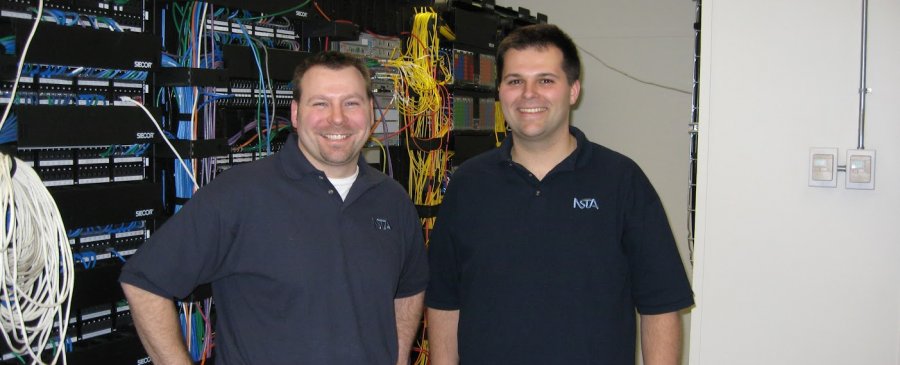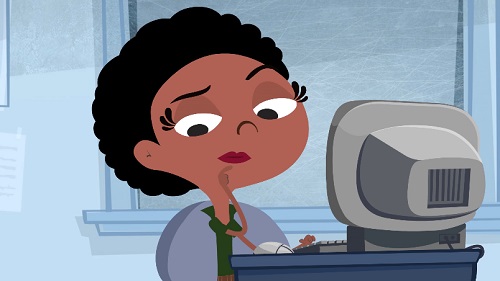Editor’s Note: The following is a transcript of an interview conducted with Kim Van Eaton. Some answers have been lightly edited for clarity.
Here at the Smithsonian Science Education Center, we’re passionate about science communication and creating an infectious love of science. As part of this mission, our director, Dr. Carol O’Donnell, met with science teachers in Washington State this June to talk about the importance of science education. While there she meet 6th grade teacher Kim Van Eaton from Marie Curie STEM Elementary School. Kim had nothing but kind words to say about STCTM and how the kit had changed her teaching of science! It’s always heartwarming to hear that your work has impacted someone’s life in a positive way. We wanted to know a little more about how Kim has been affected by STC and SSEC, so we got in touch to hear more of her thoughts.



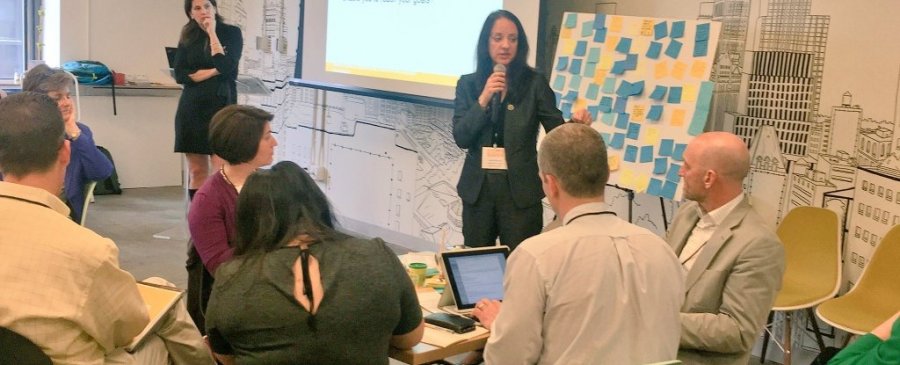
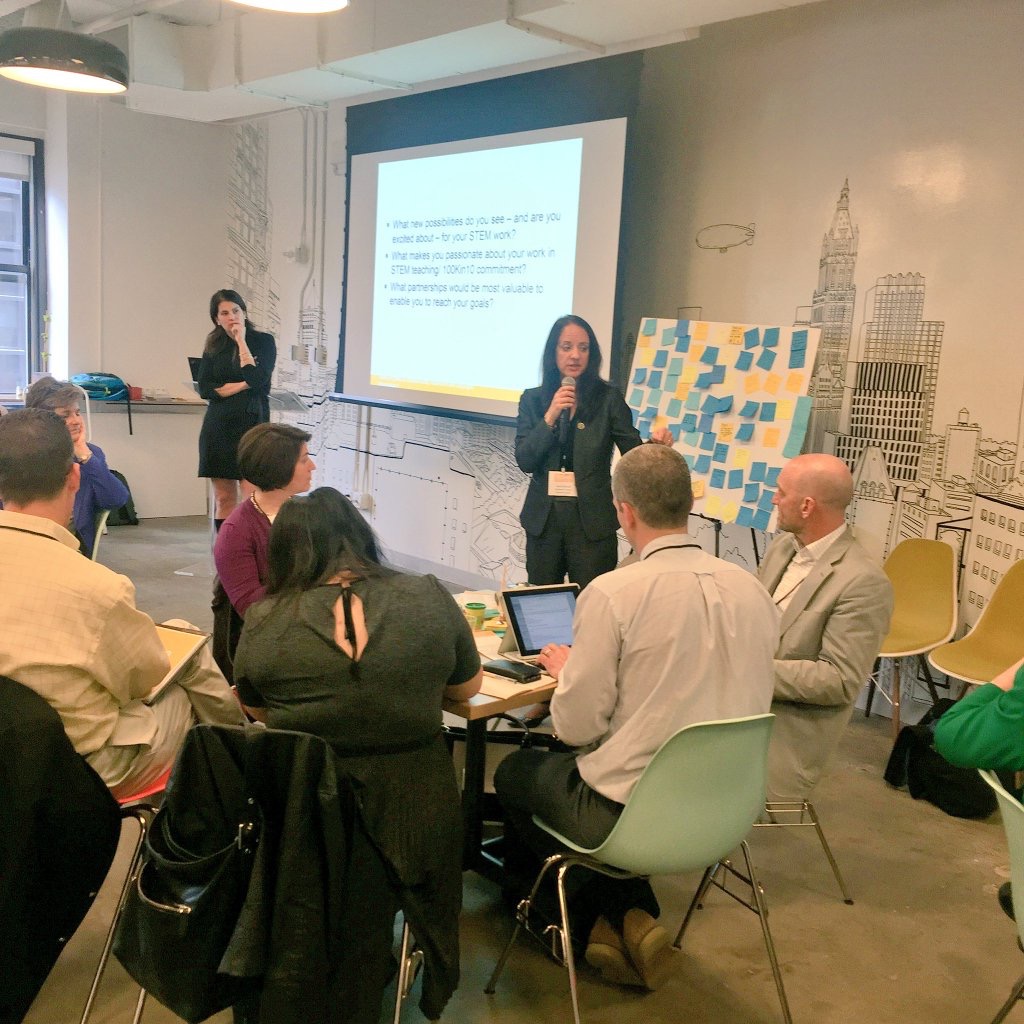
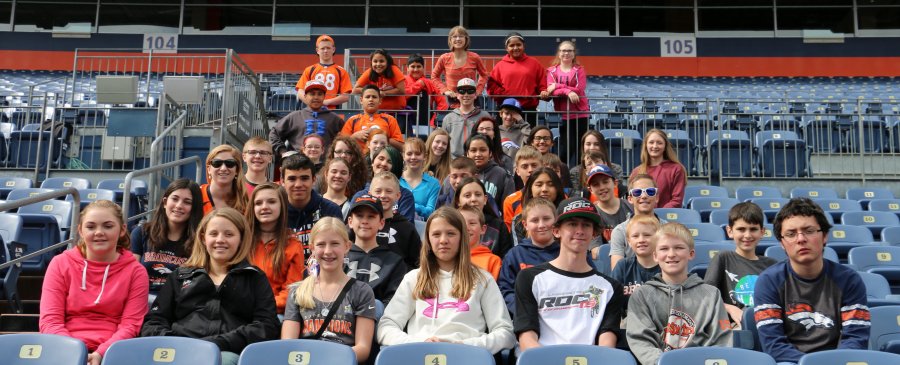
 Lindsey Nickerson, science teacher at Eaton Middle School and one of SSEC’s Colorado LASER site coordinators, was selected as the Denver Broncos Tackle STEM Coach of the month for January. This award provided an opportunity of a lifetime: a STEM-based tour of the Broncos’ stadium for her and her students. After nominating Lindsey for this award, I was thrilled to be included as a chaperone on the trip to the stadium.
Lindsey Nickerson, science teacher at Eaton Middle School and one of SSEC’s Colorado LASER site coordinators, was selected as the Denver Broncos Tackle STEM Coach of the month for January. This award provided an opportunity of a lifetime: a STEM-based tour of the Broncos’ stadium for her and her students. After nominating Lindsey for this award, I was thrilled to be included as a chaperone on the trip to the stadium.


